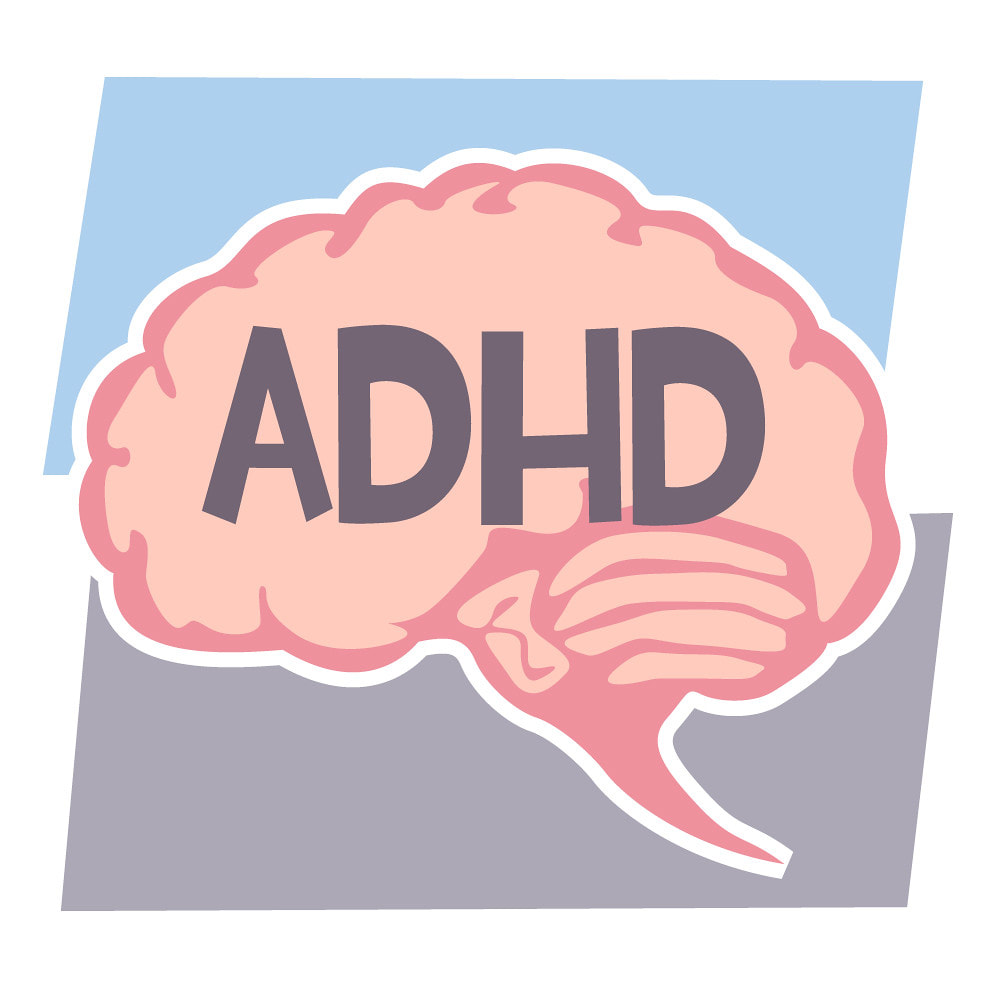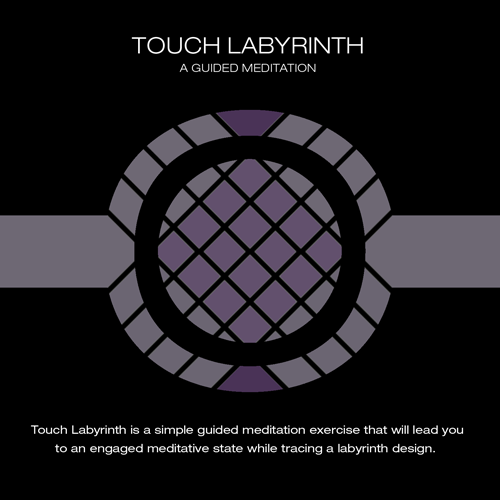|
Draft in Progress - feel free to email me your suggestions and comments
Ideas I want to convey 1. Multi-tasking is considered bad - but multi-tasking is misunderstood. The term "multi-tasking" comes to us from early computer main frames that lay idle because the processor was much faster than input or output modules. This mismatch led computer designers assign multiple tasks to the processor in a sequential manner. The computer processor was so fast, that it appeared to be done simultaneously. Right now, human multi-tasking is wrongly attributed to people doing 1-3 simultaneously - such as attending a phone call and driving at the same time or attending a zoom call as they take care of emails. 2. ADHD is a condition where people lack focus, are easily bored, lack short term memory and are used to impulsive behavior. An "overactive" brain can actually be trained to process large tasks into smaller segments and we can leverage the power of this creative and energetic brain, similar to how computer designers leveraged the fast computer processors to do multiple tasks. =============Start of Article======================= Did you know what these famous people have in common - Albert Einstein, Richard Branson, John F Kennedy and Actor Will Smith have in common? ADHD! These are creative people who are / were very good on working on multiple projects. I suggest a unique perspective: an ADHD brain is often a gifted brain. People who have ADHD, also, seem to possess gifts of creativity, high energy, great people instincts and a love of nature There are some theories that ADHD is part of a warrior mentality that evolved to being rapidly responsive to attacks from multiple fronts. When adults complain that they have Adult ADHD or their children have been diagnosed with ADHD - ADD is a now-outdated term that is typically used to describe inattentive-type ADHD, which has symptoms including disorganization, lack of focus, and forgetfulness. They feel that they have a choice of taking drugs or just living with the condition. However, I have a very different perspective about ADHD. When students complain about their adult ADHD brain or that their children have been diagnosed with ADHD, I urge them to look at it as a gift. Please do not misunderstand me - undiagnosed or severe ADHD can cause performance problems, relationship issues, high anxiety and other lifestyle problems. Always get professional help and medication can be appropriate for certain situations. We all live in an ADHD world - we have trouble paying attention, we have hyperactive brains, we lose our temper and the list is endless. Fortunately, we can leverage our hyper-active brain to be a great tool for our ADHD world. Multi-tasking done the way computers do it, can improve our productivity and effectiveness. There is a big outcry about "Multi-tasking" - the act of doing multiple things at the same time. The word "Multi-tasking" comes to us from Computer Science. Computers tend to have a very fast processing speed - so the CPU (the brain of the computer) processes data much faster than it receives it or gives it out (input and output). Therefore, CPU multi-task - that means they work sequentially at multiple tasks that are put in front of them. It appears the computer is working at those jobs simultaneously - however, the CPU is actually processing it one task at a time. If you multi-task - you should do one thing at a time - but may at much shorter intervals than you normally do. Similarly, our hyperactive minds can actually be trained to do multiple tasks rapidly, efficiently and, often effectively. The Good News - most of us benefit by being good at multi-tasking because it is a great way to deal with our "ADHD" world. We can do multiple tasks like computers - sequentially - one task at a time in narrow focused ways that fit our brain "styles". I am a big fan of the research done by Dr Adele Diamond, a neuroscience researcher at University British Columbia, Canada (see her research website link below). She contends that Attentional Control - being able to inhibit distraction so you can focus -and stay focused is a skill that can be taught to all adult and children. We can train our minds. There are 3 core Executive Functions in the pre-front cortex - the brain in the top front of our head and controls three important areas (See research website link below) We use these skills every day to learn, work, and manage daily life. Trouble with executive function can make it hard to focus, follow directions, and handle emotions, among other things. 1. Inhibitory Control - our ability to stop reacting and respond to situations 2. Working Memory - our ability to remember important things at the right right 3. Cognitive Flexibility - to be flexible in our emotions, feelings and thoughts I repeat - "Traditional" multi-tasking can overload our brain resources, however, if we do tasks one at a time in short intervals (as done by a computer processor), we can leverage our ADHD brains. I relate to some of these challenges and I leverage my hyperactive brain for multi-tasking in the following three ways: 1. I use the "Pomodoro" Technique: When I have an important task that I have little interest in doing, I set a timer for 25 minutes and just focus on doing that. It does not matter, if I am staring at the computer screen, I will work on that project. Surprisingly, my creative mind will find some fun aspect of the task and I get going. At the end of the 25 minutes, I get to do something fun. I set most of my meetings, report writing and this newsletter creation to 25 minutes or less. Please understand you may have a different time threshold. The goal is to do tasks in chunks that fit your brain. See a short 5 minute Youtube tutorial below. 2. I schedule appointments with myself for creative work: My most creative work is in the early morning. So I will set time slots in the morning for those projects. I will use evening and afternoons slots for meeting times because my social energy is highest at those time. I have a priority list of boring and creative tasks. I mix and match them. 3.I take time to recharge: Irrespective of the cold weather in Chicago, I make it a point to go outside. There is no bad weather . . . only bad clothing! I am fortunate to live within a few miles of some beautiful forest perseveres, Just a 30 minute brisk walk helps my brain reset itself. I take time work on origami or other art projects. Tai Chi also helps me bring my "mind" under control. What are some of your favorite ideas for multi-tasking? Do you want to learn more about how to leverage your or your child's ADHD brain, reach out to me for more details. If you liked this article, check out my other Blog article Three Valuable Lessons ADHD students taught me about the power of meditation https://www.meditation-magic.com/blog/3-valuable-lessons-adhd-students-taught-me-about-the-power-of-meditation References Pomodoro Technique - a great 5 minute video on the history and method of improve our effectiveness and efficiency in spite of having short attention spans and procrastination challenges. https://youtu.be/mNBmG24djoY You’d never guess these famous people have ADHD https://www.news24.com/health24/medical/adhd/about-adhd/Ten-of-the-most-successful-people-with-ADHD-20140718 Developmental Cognitive Neuroscience - Lab of Adele Diamond http://www.devcogneuro.com/
0 Comments
Your comment will be posted after it is approved.
Leave a Reply. |
a guided finger meditationEngage your senses with soothing music, guided imagery and a labyrinth tracing activity which leverages the power of touch. Click the album cover to learn more. Categories
All
|


 RSS Feed
RSS Feed